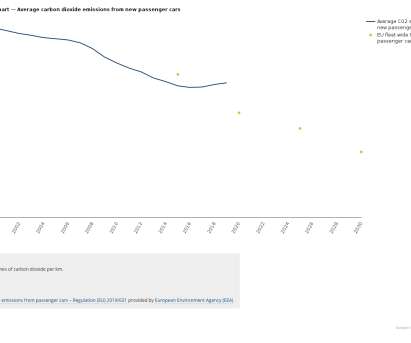JATO: European new car CO2 emissions highest average since 2014; shift from diesel to gasoline and SUVs rise
Green Car Congress
MARCH 5, 2019
The analysis covered 23 markets in Europe and found a direct correlation between diesel car registrations and average CO2 emissions. With increased negative public perception towards diesels, combined with new government regulations such as WLTP and scrutiny of the fuel type, demand for diesel fell by 18% in 2018.









































Let's personalize your content